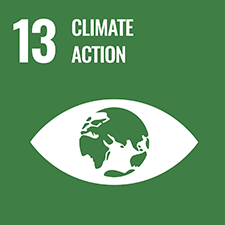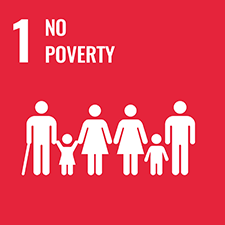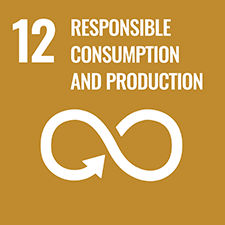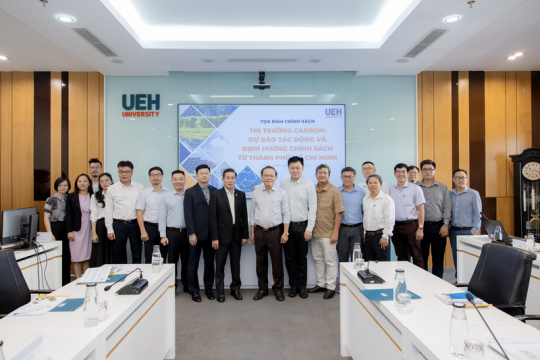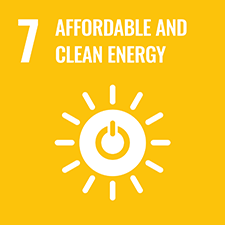The 56th Annual Meeting of the Board of Governors of the Asian Development Bank
08 May, 2023
Dr. Pham Khanh Nam introduced the session’s objectives and contents. The session aimed to foster dialogue and knowledge-sharing among researchers, policymakers, and practitioners working on inclusive carbon transition in Asia. Three talks, including an overview of inclusive carbon transition strategies in Asia, two case studies on greening agriculture in Thailand and climate governance in the Philippines, set the foundation for further discussion.
Dr. Nguyen Quang from UEH university presented a policy review of developing countries in Asia on inclusive low-carbon transition for sustainable development. He discussed various strategies such as carbon pricing, renewable energy, and sustainable agriculture that could be used to achieve an inclusive carbon transition.
In the second talk Dr. Phumsith Mahasuweerachai of Khon Kaen University focused on scenario analysis to predict GHG emissions and farmers' livelihoods from different rice practices in Thailand. Dr. Phumsith emphasized potential ways to make the benefits of greener agriculture more visible, as the evidence clearly suggests that it can improve social welfare with only small trade-offs.
Dr. Gem Castillo from the Economy and Environment Group Philippines discussed strengthening community resilience through co-creation in the Iriga City Governance Model. He discussed the challenges facing local governments in implementing climate policies and the importance of building strong partnerships between local governments, communities, and civil society to ensure effective climate governance. The talk also highlighted the need of capacity building for local stakeholders on climate action such as climate risk assessments and adaptation measures.
After the talks, the panel discussion was coordinated by Dr. Pham Khanh Nam. Head of the ADB’s Civil Society Unit, Haidy Ear-Dupuy, gave ADB’s reflections and perspectives on the UEH-EEPSEA’s presentations. Ms. Haidy spoke highly of the quality of the session and the compelling evidence presented in the talks.
The session fostered dialogue and knowledge-sharing among participants and provided a foundation for further discussion, building networks, and collaborations to advance research and policy agendas in this topic. The session highlighted the importance of considering the social and economic impacts of carbon transition policies on vulnerable communities and engaging with local communities in the design and implementation of climate policies.
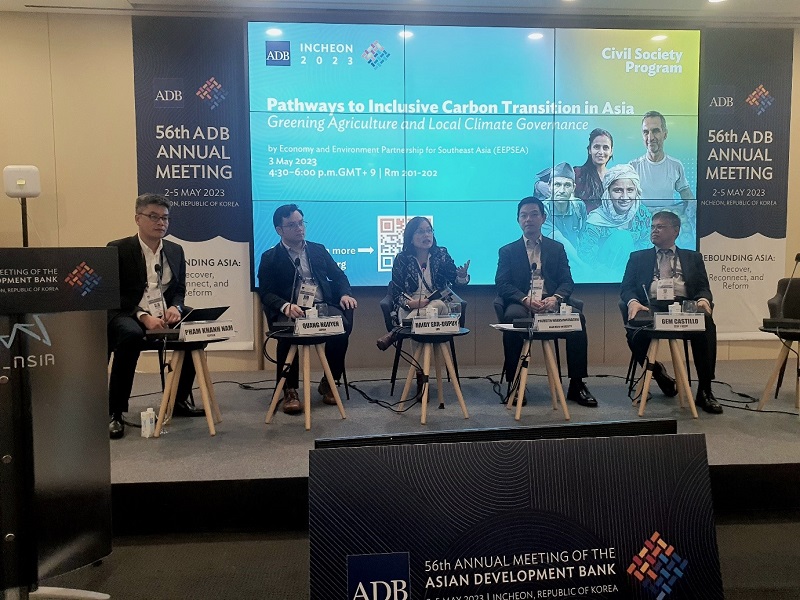
Thematic presentation and discussion session of UEH-EEPSEA

Forums take commemorative photos after the end of the exchange session
News, photos: UEH College of Economics, Law and Government

